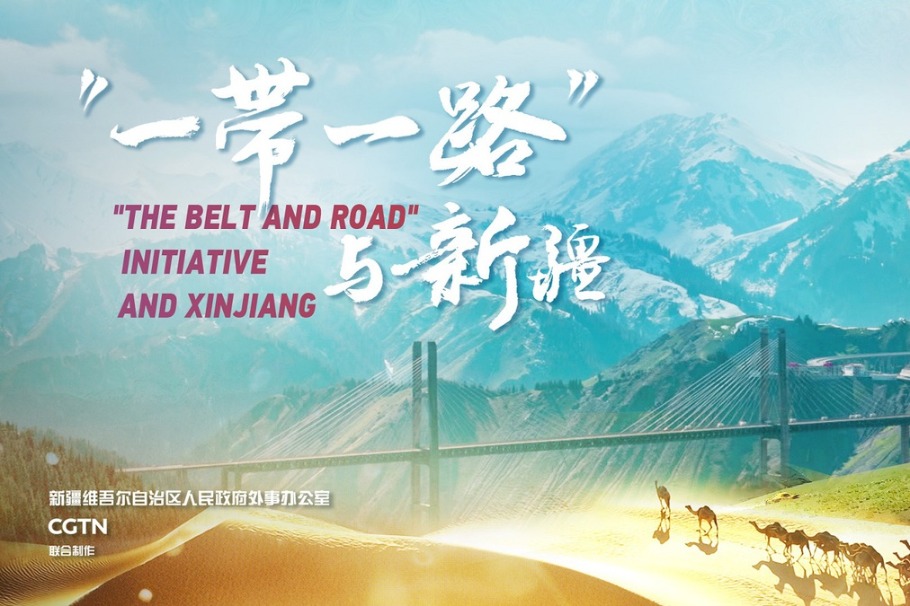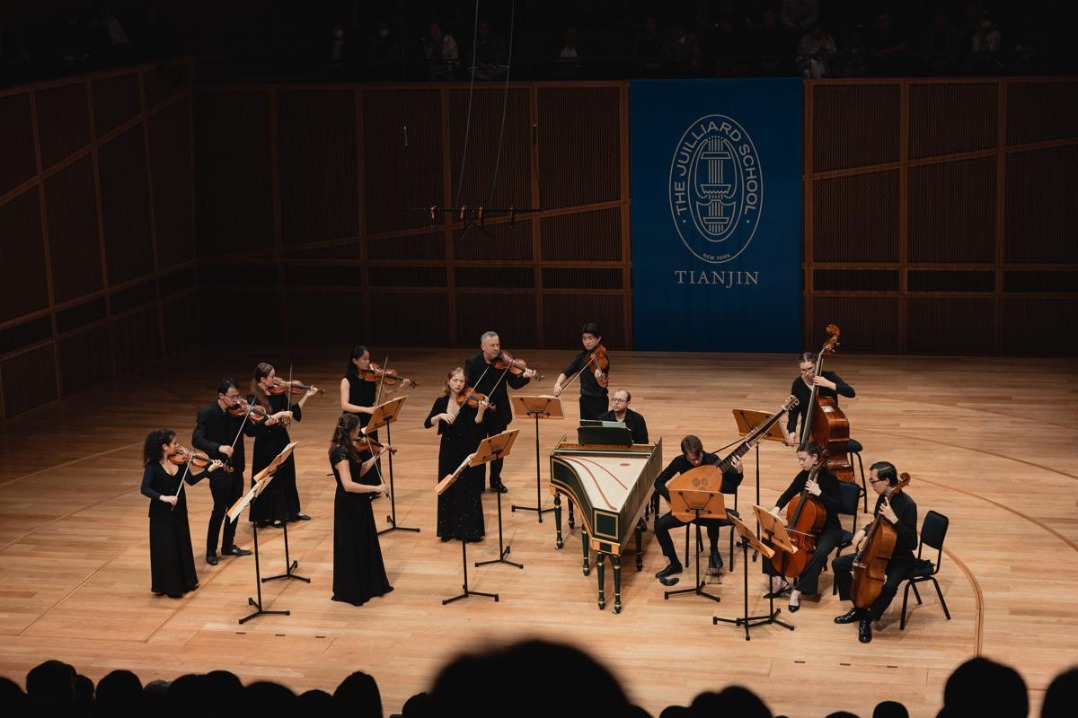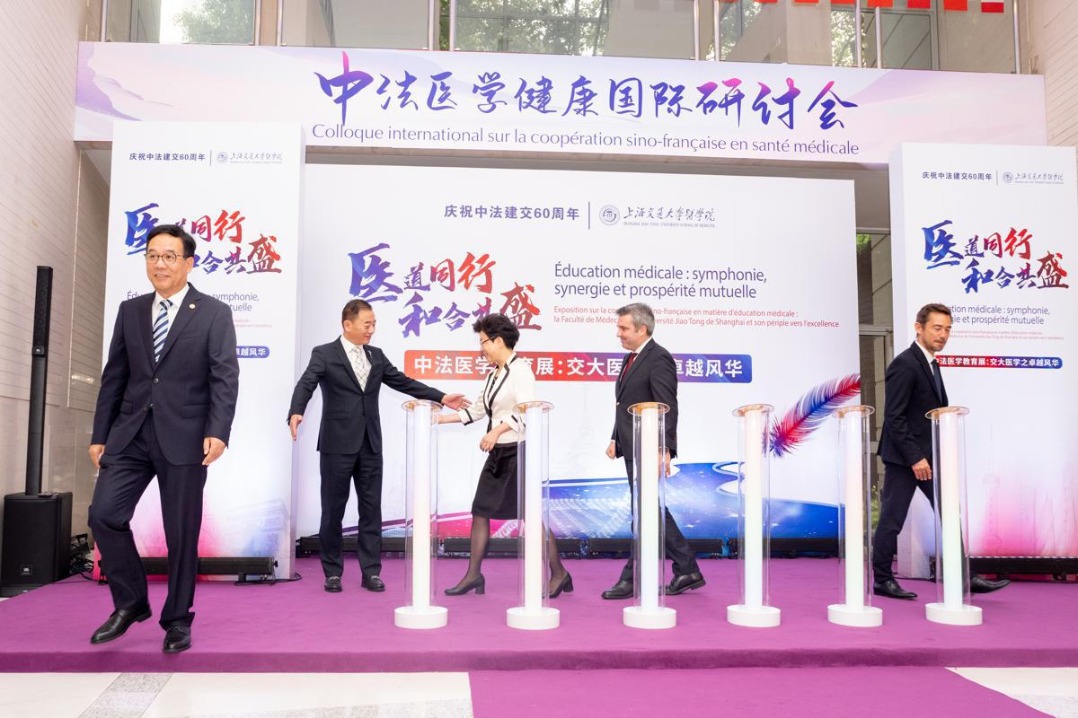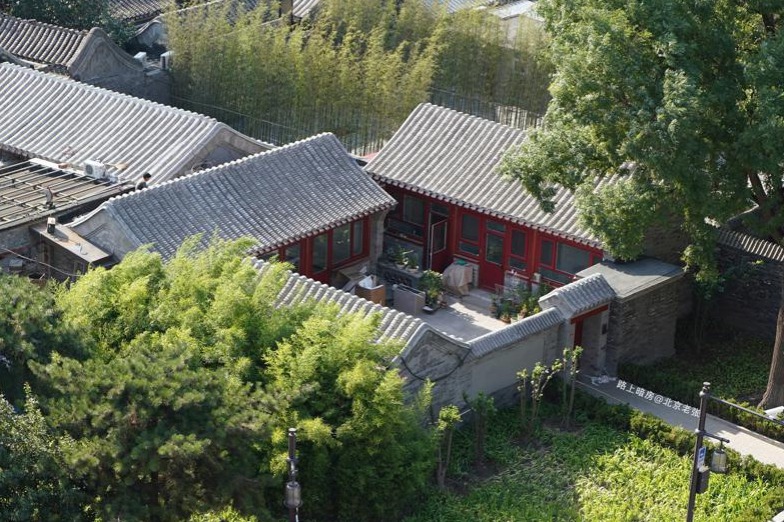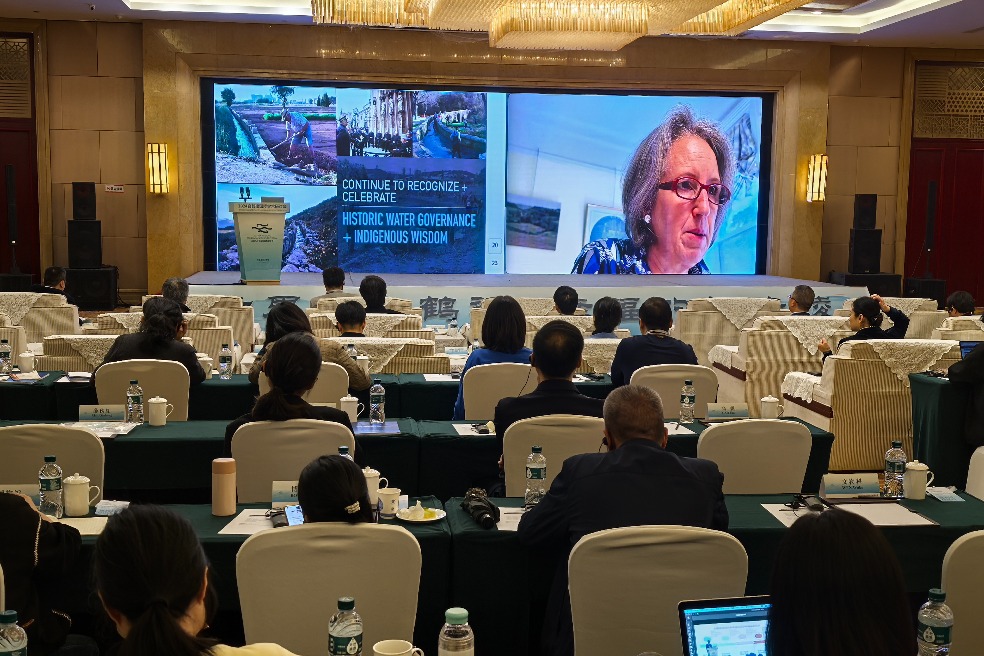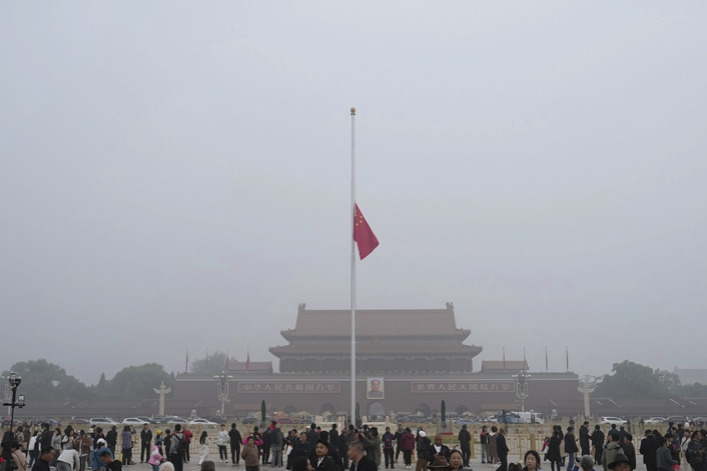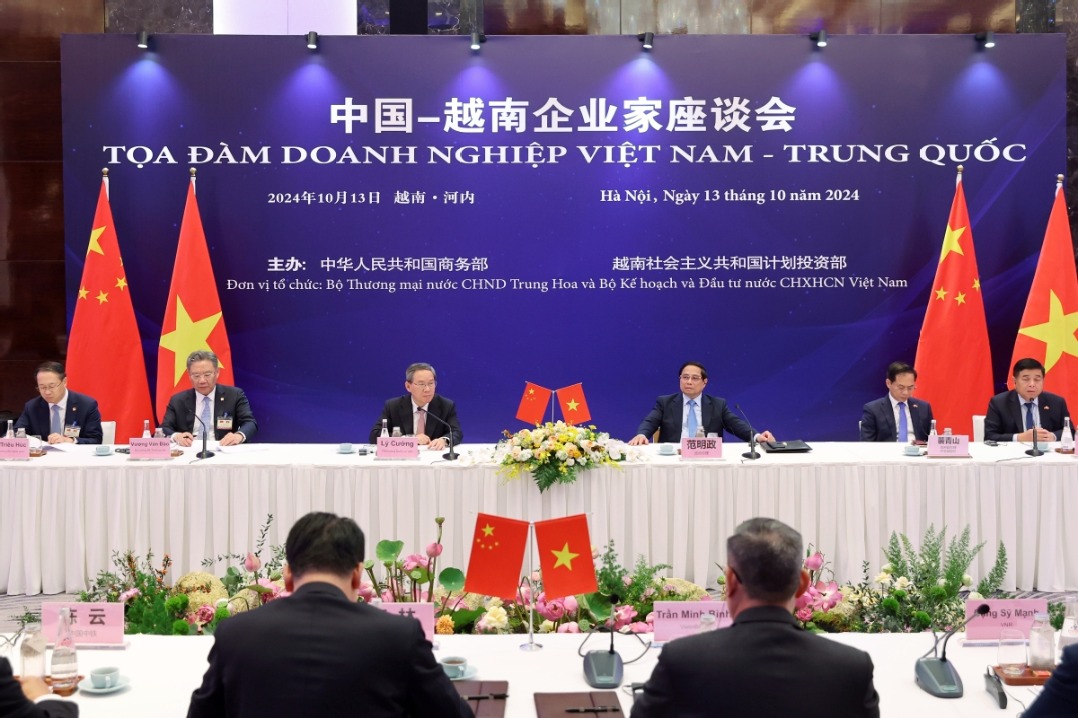Entry ban issued against two Taiwan secessionists

The Chinese mainland on Monday announced punitive measures against two separatists and an organization they are affiliated with to promote secessionist activities in Taiwan.
The secessionists have been identified as Shen Pao-yang and Tsao Hsing-cheng.
Chen Binhua, spokesman for the Taiwan Affairs Office of the State Council, said that the mainland has decided to prohibit Shen and Tsao and their family members from entering the mainland or the Hong Kong and Macao special administrative regions.
He added that the Kuma Academy, the organization they are involved with, has promoted a prewar mentality in Taiwan, has openly engaged in secessionist activities and has served as a base for separatists seeking "Taiwan independence".
Under the support of the Democratic Progressive Party authorities and external interference forces, the organization operates under the guise of "lectures, training and outdoor exercises", as well as "parent-child activities", to brazenly cultivate "violent Taiwan independence separatists", according to Chen.
He said that Shen, a DPP member and a founder of the academy, has maliciously promoted secessionist fallacy and anti-mainland sentiments to Taiwan people, especially youths, widely spreading the seeds of violence in the Taiwan Strait.
Tsao, a Taiwan business owner, has provided substantial financial support for the organization's separatist activities, fervidly advocating for "armed resistance against reunification" and "military readiness", Chen said.
Tsao has also invested in the production of TV shows with "Taiwan independence" themes, disseminating "anti-China separatism" in various ways, according to Chen.
Tsao, founder of United Microelectronics Corporation in Taiwan, reportedly funded a large part of the production of Taiwan's latest TV drama series, Zero Day. The 17-minute preview released earlier this year depicts a fictional scenario in which the mainland imposes a naval blockade on the island.
"They're openly dividing the country and inciting separatism, seriously endangering peace and stability in the Taiwan Strait and severely harming the common interests of compatriots on both sides," Chen said, adding that the mainland would not tolerate or condone such behavior.
The academy and organizations affiliated with Shen or Tsao are also barred from working with mainland entities or individuals, and their associated businesses and supporters are not allowed to profit from work on the mainland, he added.
Chen said, "Taiwan independence" and peace in the Taiwan Strait are incompatible, and he hopes that Taiwan compatriots will consciously draw a clear line between them while firmly opposing separatist actions.
In June, the mainland authorities issued guidelines on imposing criminal penalties on staunch supporters of "Taiwan independence" for engaging in or inciting separatist activities, allowing trials in absentia when necessary.
The websites of the Taiwan Affairs Office and the Ministry of Public Security later added a list of 10 "pro-independence" Taiwan politicians who are considered hardliners, and alerted the public to provide tips on people demonstrating similar behavior.
The Ministry of Commerce said on Saturday that it is considering taking further steps after an investigation found that Taiwan's restrictive measures against the mainland have created a trade barrier. DPP authorities have not taken any concrete actions to lift the trade restrictions following the release of the investigation results in December.
Li Zhenguang, a professor of Taiwan studies at Beijing Union University, said that the Chinese mainland plays a key role in controlling the situation in the Taiwan Strait and has actively responded to challenges over recent years, achieving positive effects.
Regarding the provocative actions and statements made by DPP authorities and Taiwan leader Lai Ching-te since he took office in May, the mainland has responded with justified and powerful measures, Li said.
"These made him clearly understand the mainland's determination and the reality of the red line, instilling a sense of fear regarding the mainland's red lines," he said.
"The mainland is actively shaping a new framework for cross-Strait relations according to its own planning steps, showcasing significant capacity for controlling the situation," he added.
Yang Jinghua, a deputy researcher at the Taiwan Research Institute of the Chinese Academy of Social Sciences, said that Lai's attempts to foster "Taiwan independence" and his political moves were bound to disrupt peace and stability in the Strait.
"Nevertheless, these actions will not affect the mainland's strong strategic resolve and confidence in promoting integration and reunification, as well as its determination, confidence and capability to thwart any separatist schemes," Yang said.
The mainland has its own pace and rhythm and has established strategies to counter separatist movements, she said.
- Entry ban issued against two Taiwan secessionists
- Chinese, Russian defense ministers hold talks in Beijing on Monday
- China's annual rule of law report focuses on human rights, business environment
- Expert: PLA conducts key-port blockade drills to deter Taiwan separatists
- Xi holds phone talks with Indonesian President Joko Widodo
- PLA completes its joint drill around Taiwan: spokesman
















